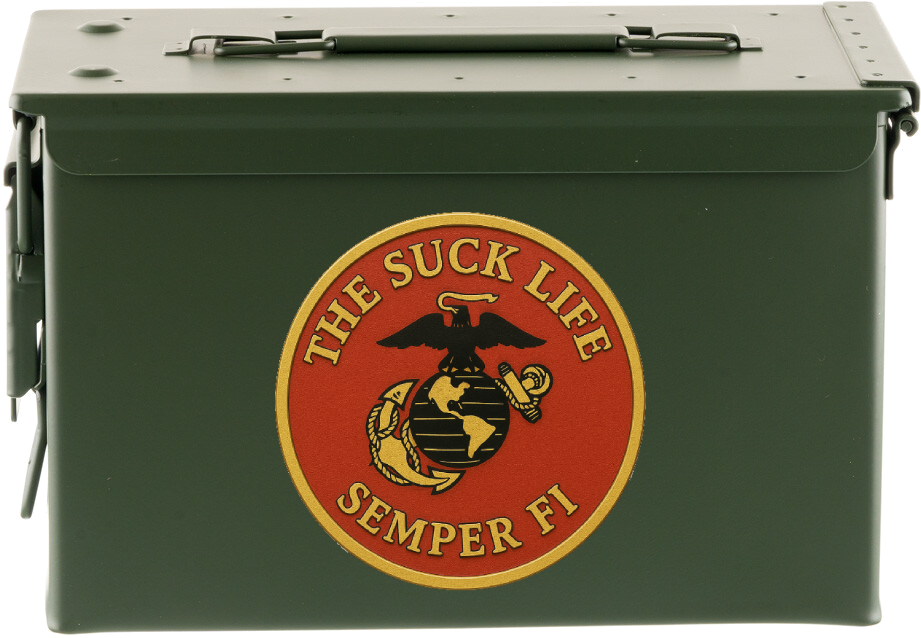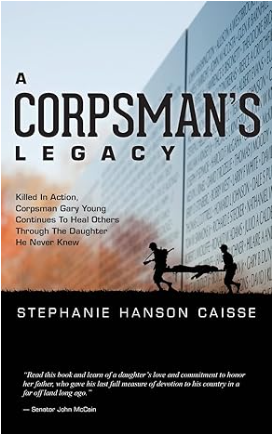Before the first Higgins boat hit Tarawas reef, before Semper Fi echoed through Khe Sanh or Helmand, there were U.S. Marines posted behind the ancient walls of China, forgotten by most, remembered by few, but standing tall just the same.
The Boxer Rebellion was a violent uprising in 1900 by a Chinese secret society aiming to rid China of foreign influence and missionaries. Foreign legations in Beijing were besieged, and international forces, including U.S. Marines, were sent to protect citizens and restore order.
They were called the China Marines. Their legacy stretches from the ashes of that rebellion to the eve of World War Two. They wore spit shined dress blues in cities unraveling at the seams. They stood their posts not with air cover, drone feeds, or quick reaction forces, but with Springfield rifles, fixed bayonets, and one another.
1900, The Boxer Rebellion, The First Flames
Marines were called to defend American interests amid a volatile uprising. Private Dan Daly stood as a fierce guardian on the Tartar Wall in Peking. Armed with his Springfield rifle and a Colt Browning machine gun known as the potato digger, Daly held his position through a night thick with danger. Boxer fighters surged again and again, but Daly’s steady fire kept them at bay. By dawn, nearly 200 attackers lay dead or wounded, a testament to his grit and skill. For that night, Daly earned his first Medal of Honor, a rare honor for such valor under fire. This fierce stand was only the beginning of a career marked by courage and his second Medal of Honor would come years later on the bloodied fields of Belleau Wood in France.
While Private Dan Daly fought through the night on the Tartar Wall, Smedley Butler was already carving his name into Marine Corps history as a young officer navigating the chaos that followed the siege. Butler led Marines through the dangerous streets of Peking, breaking up riots and facing down warlords with equal parts courage and savvy. His time in China sharpened his understanding of unconventional warfare and the complex dance between military force and diplomacy. This experience laid the groundwork for a career that would earn him two Medals of Honor and a reputation as one of the Corps’ fiercest warriors and most outspoken critics of empire. Butler’s early China service was a crucible, forging the hard edge and bold spirit that defined the man and the Marine.
1920s and 1930s, The Interwar Years, A City on Edge
The Marines returned to cities like Shanghai and Peking during uneasy peace. Gunnery Sergeant Lou Diamond patrolled Shanghai from the early 1920s through the mid 1930s, earning his stripes as the Marine’s Marine. Chesty Puller served two tours, from 1927 to 1929 and again from 1934 to 1936, studying language and terrain, sharpening the leadership that would mark him legendary. Merritt “Red Mike” Edson cut his teeth in tight urban battles long before Guadalcanal. Meanwhile, future Commandants, Clifton Cates, Lemuel Shepherd Jr., Randolph Pate, David Shoup, Wallace Greene Jr., Robert Cushman Jr., and Robert Barrow, all passed through China, absorbing lessons on diplomacy and fighting without backup.
Late 1930s to 1941, Rising Storm and Siege
Japan’s invasion of Manchuria and subsequent push south brought Japanese troops to the legation gates. Marines held fragile lines, unable to fire unless attacked, facing a war that had not officially begun. The air grew heavy with tension and dread.
December 1941, The Fall and Captivity
When Pearl Harbor burned, the China Marines became some of the first American prisoners of war in World War Two. Nearly 200 were captured within hours, with no reinforcements and no evacuation plan. They endured starvation, beatings, and years behind barbed wire in camps like Woosung and Fengtai. Men like First Sergeant Charles “Pops” Jernigan kept hope alive. Many never returned, their sacrifice lies silent in foreign soil.
The Flying Tigers, In the Skies Above
Though not legation Marines, pilots like Gregory “Pappy” Boyington flew over China in 1941 and 1942 with the American Volunteer Group. They fought the same enemy, over the same land, defending supply routes and convoys against the rising tide of Japanese imperialism.
Against All Odds, The Backbone of the China Marines
Support was minimal. Supplies came once a month if at all. Ammunition was scarce, drills were with empty rifles, grenades filled with sand. Medical aid was patchwork. Communications relied on fragile Morse code, often jammed or cut. Reinforcements were weeks away by sea. So these Marines depended on each other, old school, fire team loyalty, watching each other’s six.
Legacy in Silence
The China Marines don’t have monuments or blockbusters. Their story is sweat and silence. Diplomats with bayonets. Warriors on a tightrope. When the first fires of World War Two ignited, they did not run. They stood their post. Outnumbered, outgunned, forgotten.
So raise a glass tonight for the Fourth Marines, the Peking Legation Guard, and the Corpsmen who patched them up with borrowed gauze and spit.
Before Guadalcanal, Before Iwo, Before Inchon, There was China.
Semper Fi!

Ads suck. This site is 100% ad-free and reader-supported.
If this article added value to your day or meant something to you, toss a couple bucks in the ammo can to keep us in the fight. Thank you.




 Semper Fidelis
Semper Fidelis

